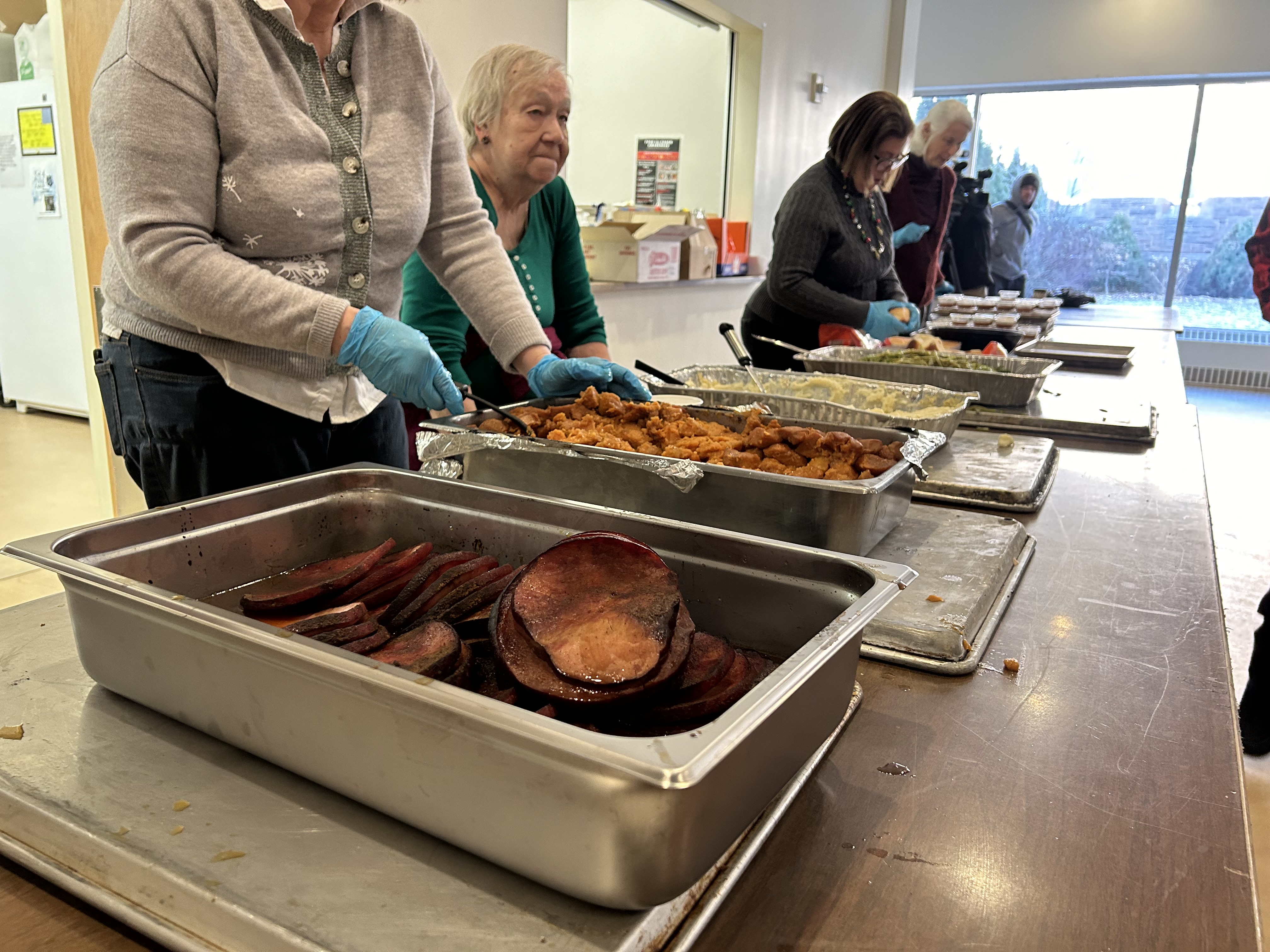Doctors working to treat the coronavirus are looking at a variety of options, including some medications that are already on the market for other purposes.
One such drug that’s been floated as having potential fighting power against COVID-19 is hydroxychloroquine, which was originally used for malaria and is now commonly used for the treatment of rheumatoid arthritis and lupus. Another drug that’s been named is azithromycin, a commonly used antibiotic.
But health care experts warn that though these drugs can be safe when used appropriately, it is not safe to use them at home to treat the coronavirus without guidance from a doctor.
“When used inappropriately in doses that are too high, in combinations with under medications, in certain individuals with certain types of medical conditions already, these medications can be dangerous The medications can affect the heart’s electrical system in ways that can cause life-threatening arrhythmias and even cardiac arrest,” Dr. Rachel Lampert, professor of medicine in cardiology and electrophysiology at Yale School of Medicine, explained.
Lampert said these drugs should only be used to treat the coronavirus if prescribed by a physician who knows you and knows your medical history. You should then be supervised while taking the medication.
Right now these drugs are only being used to treat the coronavirus at hospitals, where patients can be closely monitored. But there have been reports of people accessing the drugs to take at home. In one case, an Arizona man died after mistaking chloroquine phosphate meant for fish for the medication hydroxychloroquine.
“When used in the hospital, when used when prescribed by your doctor in ways that are known to be safe, these medications are safe and it may turn out they’re beneficial, but it’s so important to not take these medications at home,” Lampert added, stressing that especially if you obtain the drugs online, you can’t be sure of what is actually in them.
Local
Lampert ended the interview with a plea from health care workers who are running low on personal protective equipment like masks and gloves. For more information on how and what you can donate to the Yale New Haven Health system, click here.



